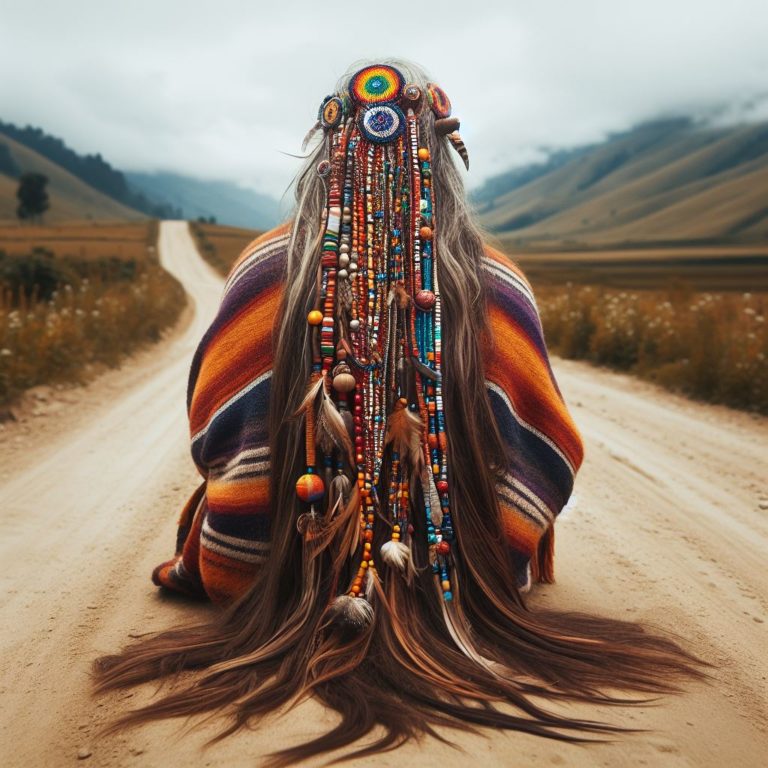“Living in a Van Down By The River” meet Me there: Decolonizing the Legal System: Embracing Indigenous Laws for a More Equitable Future
Introduction
“Living in a van down by the river” is often used as a metaphor for failure or a lack of ambition. However, in the context of addressing colonial legacies and the ongoing struggle against white supremacy, this phrase can be seen as a rallying call for historically marginalized communities to come together and build new systems founded on Indigenous laws and values. This paper examines the ways in which Indigenous legal systems can coexist with the existing legal frameworks and how they can contribute to dismantling the power structures perpetuated by the colonial mindset.
Power and Control: The Legacy of Colonialism
The history of colonization has left an indelible mark on the legal systems and institutions that govern contemporary societies. White supremacy and the need for control have led to systemic discrimination and the marginalization of non-white communities and LGBTQ2S+ communities. As a result, these communities are often left to compete for limited resources and opportunities, further exacerbating the power imbalances rooted in the colonial mindset.
Intergenerational Trauma and Epigenetics
The intergenerational trauma experienced by Indigenous peoples as a result of colonization has had a profound impact on their well-being, culture, and identity. Conversely, it is essential to consider the epigenetic messages that have been passed down through generations of white individuals, perpetuating the belief in their superiority and entitlement to power. These ingrained beliefs contribute to the ongoing oppression of marginalized communities and the entrenchment of white supremacy in the legal system.
Indigenous Laws as a Path to Decolonization
To challenge the existing power structures and address the historical injustices perpetuated by colonialism, it is necessary to turn to Indigenous laws and land. These legal systems, which have been developed over millennia, offer alternative perspectives on justice, governance, and dispute resolution. By embracing Indigenous legal principles, we can work towards creating a more equitable and inclusive society that respects the rights, cultures, and dignity of all its members.
Coexistence of Legal Systems
Indigenous laws can coexist with the current legal frameworks by recognizing their legitimacy and incorporating their principles into the broader legal system. This recognition would require a genuine commitment to respecting the sovereignty of Indigenous communities and engaging in meaningful consultation and collaboration. This process could involve creating parallel legal structures or integrating Indigenous legal principles into the existing system, while ensuring the protection of Indigenous rights and the preservation of cultural integrity.
Conclusion
The struggle against colonialism and white supremacy requires a fundamental shift in the way we understand and engage with the legal systems that govern our societies. By convening “down by the river” and building new systems based on Indigenous laws, instead of playing the “oppression olympics” against one another, we can take a significant step towards dismantling the oppressive power structures that have been perpetuated for over a century. By embracing the wisdom and values of Indigenous legal traditions, we can work towards creating a more equitable and just society for all.






